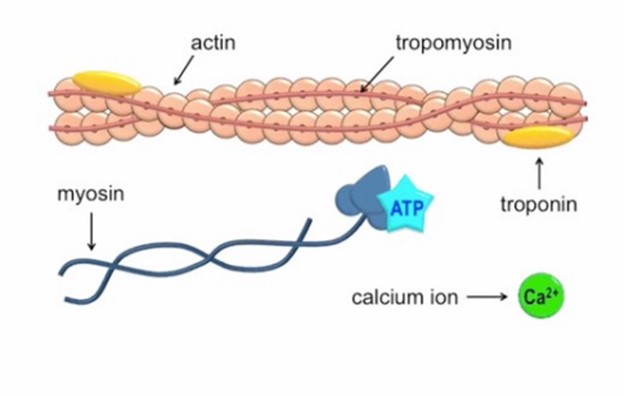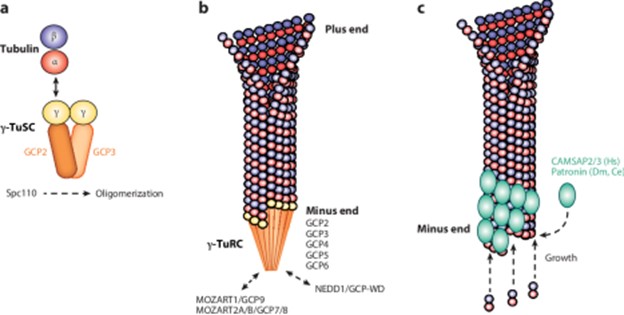Hikers who found a human body at high altitude in the Italian Alps thought the man had died recently, but tests indicated he was shot with an arrow more than 5,300 years ago.
Which of the following would be the best reason for prolonged preservation of the body?
The food that the person ate contained toxins that killed the bacteria that would have otherwise destroyed the body.
The arrow wound caused blood to flow out of the body, which led the enzymes that would break down tissue to be cleared from the body.
The body was frozen in the cold temperature of the Alps shortly after he died and remained frozen until it was found.
The ultraviolet rays at such a high altitude caused all the body's molecules to be preserved.
The Correct Answer is C
The best reason for the prolonged preservation of the body is that it was frozen in the cold temperature of the Alps shortly after he died and remained frozen until it was found.
Freezing can preserve a body by slowing down or stopping the decomposition process.
Choice A is not correct because the food that the person ate would not have contained toxins that killed the bacteria that would have otherwise destroyed the body.
Choice B is not correct because the arrow wound would not have caused blood to flow out of the body in a way that would have cleared enzymes that break down tissue from the body.
Choice D is not correct because ultraviolet rays at high altitude would not have caused all of the body’s molecules to be preserved.
Nursing Test Bank
Naxlex Comprehensive Predictor Exams
Related Questions
Correct Answer is B
Explanation
Calcium ions play a crucial role in initiating muscle contraction.
When a muscle cell is stimulated to contract by an action potential, calcium channels open in the sarcoplasmic membrane and release calcium into the sarcoplasm.
Some of this calcium attaches to troponin, which causes it to change shape. This shape change exposes binding sites for myosin on the actin filaments.
Myosin’s binding to actin causes cross-bridge formation, and muscle contraction begins.

The other ions mentioned in the question do not have this specific role in muscle contraction.
Potassium ions are important for maintaining the resting membrane potential of cells, but they do not bind to the troponin complex.
Phosphorus ions are important for energy metabolism but do not bind to the troponin complex.
Sodium ions are important for generating action potentials but do not bind to the troponin complex.
Correct Answer is D
Explanation
Centrosomes are organelles that serve as the main microtubule-organizing centres for animal cells.
They regulate the movement of microtubules and other cytoskeletal structures, thereby facilitating changes in the shapes of the membranes of animal cells.

Choice A, Organelle trafficking, is not the correct answer because while centrosomes do play a role in intracellular trafficking during interphase by organizing an astral ray of microtubules2, their main function is microtubule organization.
Choice B, Pathogen digestion, is not the correct answer because centrosomes do not play a direct role in pathogen digestion.
Choice C, Cytoplasm formation, is not the correct answer because centrosomes do not play a direct role in cytoplasm formation.
Whether you are a student looking to ace your exams or a practicing nurse seeking to enhance your expertise , our nursing education contents will empower you with the confidence and competence to make a difference in the lives of patients and become a respected leader in the healthcare field.
Visit Naxlex, invest in your future and unlock endless possibilities with our unparalleled nursing education contents today
Report Wrong Answer on the Current Question
Do you disagree with the answer? If yes, what is your expected answer? Explain.
Kindly be descriptive with the issue you are facing.
